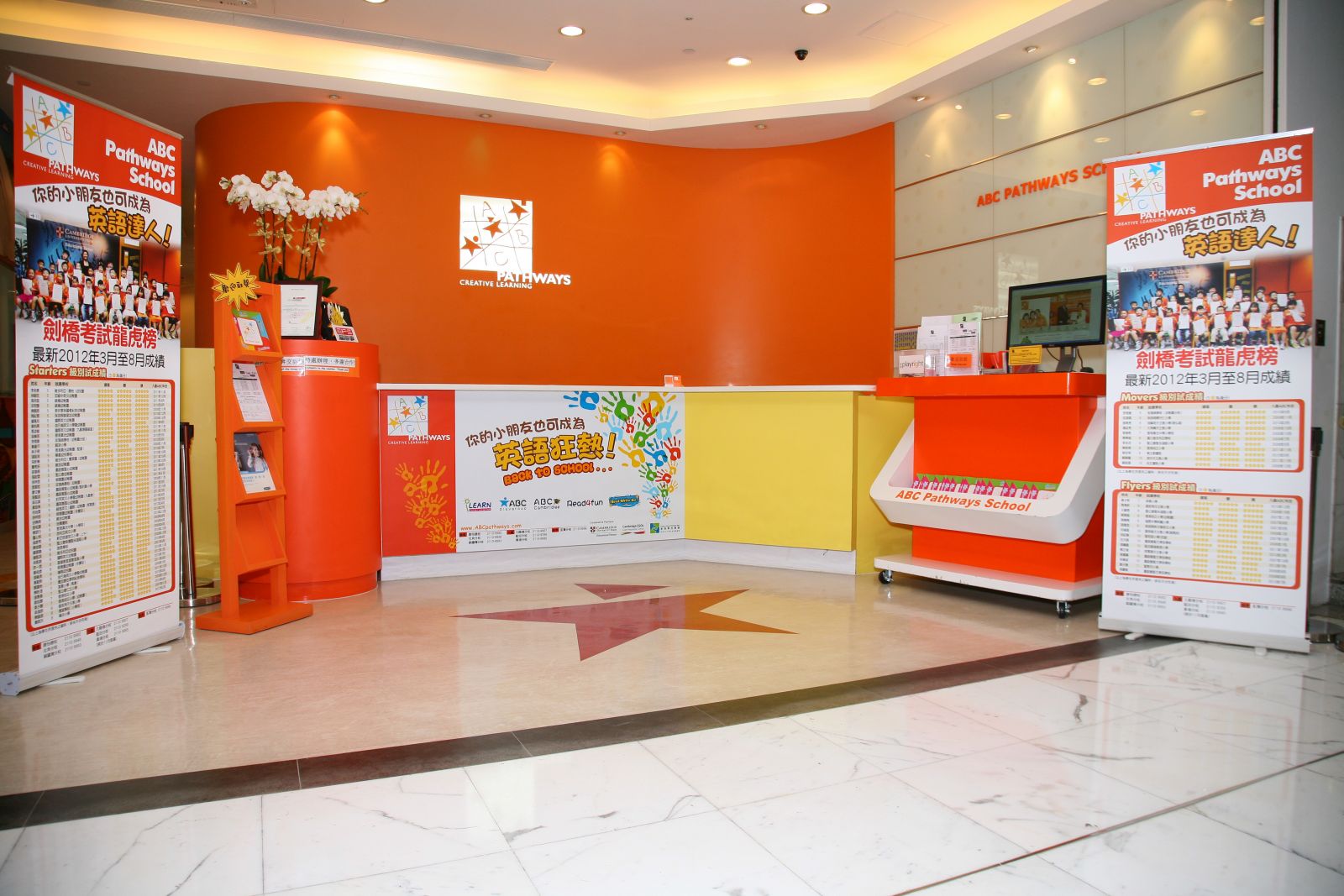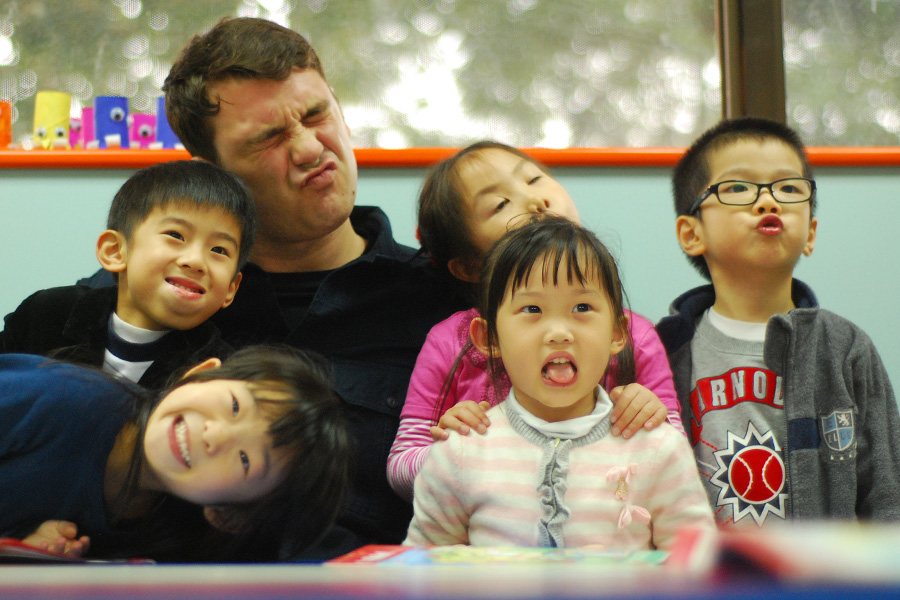English Learning
 Carrot or Stick?
Carrot or Stick?
There is a story that goes like this: There was an old peasant society where farmers all rode on donkeys. But the donkeys were very stubborn and they didn’t always listen to orders. So the farmers used to carry a stick to punish their donkeys when they misbehaved. Gradually, the donkeys were tamed, but they also became unhappy and slow. Then a farmer came up with a new idea. Instead of punishing his donkey, he used a fishing rod to dangle a carrot in front of its nose. After each ride, he would give his donkey a carrot as an encouragement. The donkey was so motivated by its master’s gifts that it ran much faster than before.
You probably know that this story comes from the idiom “Carrot or Stick”– carrot and stick representing reinforcement  and punishment respectively. For years, educational psychologists have been doing research to find out the answer to this question: Is the carrot or the stick more effective in nurturing children?
and punishment respectively. For years, educational psychologists have been doing research to find out the answer to this question: Is the carrot or the stick more effective in nurturing children?
As a parent, which one do you support – carrot or stick?
I’ve recently interviewed the Headmistress of ABC Pathways School, Bally, who is a die-hard supporter of the Carrot. She realized the ineffectiveness of the Stick when she was in secondary school where her teachers pushed her to do lots of exercises in order to success in exams. But she never did succeed, unfortunately. Realizing that no matter how hard she studied she would not get a good grade in exams, she gradually lost interest in studying.
After finishing her secondary school studies, Bally entered university in Australia. Her academic performance had  drastically improved ever since; she even became the top scorer in her year. Bally attributed her success to the teaching approach in the university.Students’interest and understanding of a subject were put above everything else. Exams were given not to test how well students remembered from textbooks, but whether they understood a topic. “The Hong Kong examination system is negatively reinforcing. You need to avoid making mistakes in order to score high marks. In many overseas schools, however, it is the contrary. Exams are positively reinforcing. You are given points for showing that you understand a topic,” Bally said. She thought that the western approach makes learning much more reinforcing.
drastically improved ever since; she even became the top scorer in her year. Bally attributed her success to the teaching approach in the university.Students’interest and understanding of a subject were put above everything else. Exams were given not to test how well students remembered from textbooks, but whether they understood a topic. “The Hong Kong examination system is negatively reinforcing. You need to avoid making mistakes in order to score high marks. In many overseas schools, however, it is the contrary. Exams are positively reinforcing. You are given points for showing that you understand a topic,” Bally said. She thought that the western approach makes learning much more reinforcing.
Bally believed that the Carrot is the key to effective education. In ABC Pathways, she makes sure that teachers do not give kids any exams; instead, kids build their self-confidence and learn English naturally through fun classroom activities, story-telling time, interactive projects and reward schemes.
Most students at ABC Pathways come from medium to high education families. Bally thinks that it’s because parents  with lower education level are usually not so familiar with the Western approachand generally believed that drilling and examinations are the keys to their children’s success. But Bally disagrees with their thinking. She thinks that if kids learn only for the sake of doing well in exams and learn only by drilling, they will soon forget what they have learnt.
with lower education level are usually not so familiar with the Western approachand generally believed that drilling and examinations are the keys to their children’s success. But Bally disagrees with their thinking. She thinks that if kids learn only for the sake of doing well in exams and learn only by drilling, they will soon forget what they have learnt.
And indeed, if we draw from experience of ABC Pathways, all the students there perform well in their own schools’English exams even though they were not trained to take exams at ABC Pathways. Bally thinks that their success isdue to the fact that they have spent three, five or even seven years at ABC’s 17-level Cambridge English Program, where they build their English ability step by step with the professional guidance from native speaking teachers.She believes that quality and fun education, not exams, is children’s key to success.
What about you? Do you believe in the Stick or the Carrot?
2076 views
Naps play an important role in helping babies hang onto what they learn. Now, a new study suggests naptime could have a similar effect on language learning in preschoolers. Researchers stud
Read MoreThe application deadline for the Free Quality Kindergarten Education Scheme is 15 September. Under this initiative, a teacher-student ratio of 1:11 will be required. At least four kindergartens mo
Read MoreHarrow International School Hong Kong is the first international boarding and day school in Hong Kong. It opened in September 2012 and now has a combined roll of 1182 students from Early Years to Y13
Read MoreAmerican School Hong Kong (ASHK) is a non-profit, college preparatory international school in Hong Kong offering a holistic American education taught by qualified North American teachers who inspire,
Read MoreGraded Examination in Spoken English (GESE) Our fun and tailor made Trinity Preparation Classes designed for students wanting to enroll in the Graded Examination is Spoken English (GESE). &nb
Read More6 weeks of exciting activities to entertain and educate 4th July - 12th August 2016 Are your little ones bookworms, or are they always on the go? Do they love animals, or is travelling their thi
Read More





